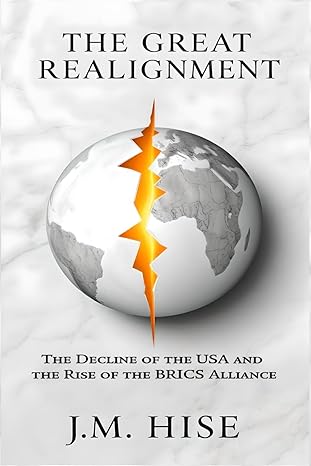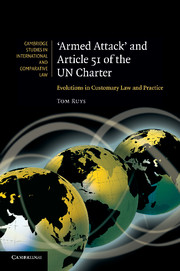The things we do today may make life worse for future generations. But why should we care what happens to people who won't be born until after all of us are gone? Some philosophers have treated this as a question about our moral responsibilities, and have argued that we have duties of beneficence to promote the well-being of our descendants. Rather than focusing exclusively on issues of moral responsibility, Samuel Scheffler considers the broader question of why and how future generations matter to us. Although we lack a developed set of ideas about the value of human continuity, we are more invested in the fate of our descendants than we may realize. Implicit in our existing values and attachments are a variety of powerful reasons for wanting the chain of human generations to persist into the indefinite future under conditions conducive to human flourishing. This has implications for the way we think about problems like climate change. And it means that some of our strongest reasons for caring about the future of humanity depend not on our moral duty to promote the good but rather on our existing evaluative attachments and on our conservative disposition to preserve and sustain the things that we value. This form of conservatism supports rather than inhibits a concern for future generations, and it is an important component of the complex stance we take toward the temporal dimension of our lives.
چکیده فارسی
کارهایی که امروز انجام می دهیم ممکن است زندگی نسل های آینده را بدتر کند. اما چرا باید اهمیت دهیم که چه اتفاقی برای افرادی می افتد که تا زمانی که همه ما نرویم به دنیا نمی آیند؟ برخی از فیلسوفان این موضوع را به عنوان سؤالی در مورد مسئولیت های اخلاقی ما تلقی کرده اند و استدلال کرده اند که ما وظایفی خیرخواهانه برای ارتقای رفاه فرزندان خود داریم. ساموئل شفلر به جای تمرکز انحصاری بر مسائل مربوط به مسئولیت اخلاقی، این سوال گسترده تر را در نظر می گیرد که چرا و چگونه نسل های آینده برای ما اهمیت دارند. اگرچه ما فاقد مجموعهای از ایدههای توسعهیافته درباره ارزش تداوم انسان هستیم، اما بیش از آنچه تصور میکنیم، روی سرنوشت فرزندانمان سرمایهگذاری کردهایم. ضمناً در ارزشها و دلبستگیهای موجود ما، دلایل قوی مختلفی وجود دارد که میخواهیم زنجیره نسلهای بشری در آینده نامعلوم تحت شرایطی که برای شکوفایی بشری مساعد است، ادامه یابد. این پیامدهایی برای طرز فکر ما در مورد مشکلاتی مانند تغییرات آب و هوایی دارد. و این بدان معناست که برخی از قویترین دلایل ما برای اهمیت دادن به آینده بشریت به وظیفه اخلاقی ما برای ترویج خیر بستگی ندارد، بلکه بیشتر به وابستگیهای ارزیابیکننده موجود و تمایل محافظهکارانه ما برای حفظ و حفظ چیزهایی که برایمان ارزشمند است بستگی دارد. این شکل از محافظه کاری به جای اینکه مانع از نگرانی نسل های آینده شود، حمایت می کند و جزء مهمی از موضع پیچیده ای است که ما نسبت به بعد زمانی زندگی خود اتخاذ می کنیم.
ادامه ...
بستن ...
Ebook details:
عنوان: Why Worry About Future Generations? (Uehiro Series in Practical Ethics)
نویسنده: Scheffler, Samuel
ناشر: 7.8 x 0.7 x 5.4 inches
زبان: English
شابک: 0198798989, 978-0198798989
حجم: 2 Mb
فرمت: Original PDF
ادامه ...
بستن ...










